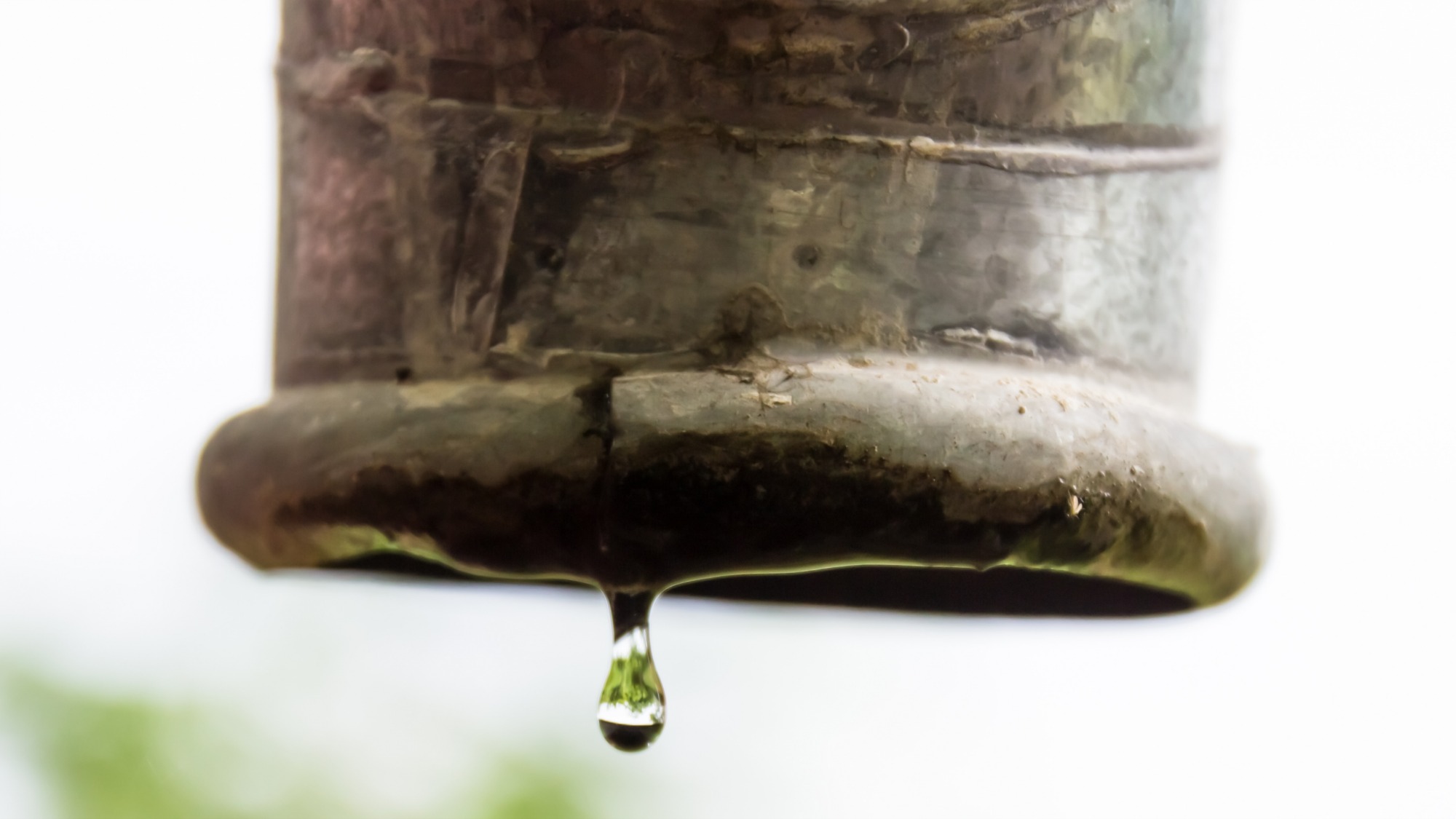Californians are supposed to cut their water use by 25 percent. So far those of us in the Golden State have only cut back 8.6 percent. The utilities that supply water are still in denial, officials say.
But that’s OK! Denial is a necessary step in the journey to recovery. As the Los Angeles Times notes:
Most of the state’s water suppliers issued 20 or fewer notices of water waste in March even though they have received thousands of complaints.
“It’s a collective issue we all need to rise to. I keep thinking that we are in some stages of Elisabeth Kubler-Ross,” said Felicia Marcus, the water board chairwoman, referring to the psychiatrist who wrote “On Death and Dying.”
Actually, I think many Californians are already past denial (No. 1 on Kubler-Ross’s famous list of five progressive stages of grief). Here’s what we can expect to see, according to the Kubler-Ross model:
- Denial: You know, I find the drought doesn’t bother me, as long as I avoid thinking about it. Isn’t it nice? The suuuuuun will come out tomorrow! And the next day, and the next! We may never see a cloud again!
- Anger: It’s the almond farmers, isn’t it? Or is it the dairy farmers? People with swimming pools? Golfers! Gophers? Rolfers? Whoever it is, it must be someone very different from me. Stop causing the drought, you bad people! Why would you do that?
- Bargaining: OK, how about this: If we promise to haul an iceberg down from Alaska, and build a bunch of dams, and ban agriculture — then can it rain again?
- Depression: Ugh, irrigation efficiency doesn’t actually save water. And yes. I do have to be drinking bourbon this early. There’s nothing else left to drink. Oh, what I would give for just a bowlful of water! So I could lay face down in it and drown.
- Acceptance: All right, I can’t fight it, I may as well get this over with. What are the actual, realistic solutions here? What do I need to do to cut back?
As a Californian, I get the sense that most people have already accepted the situation. And for the rest, there’s an easy way to skip to stage five. Don’t just tell us to save water; tell us what to do.
In a recent forum, Susan Kennedy, who managed California’s response to energy shortages back in the Enron era, pointed out that simply telling people to conserve power didn’t work. Instead, they explained exactly what to do when there was a shortage: Turn off major appliances, set the AC to 78 degrees. And it worked.
If you ask me how to conserve water, the first thing that comes to mind is taking shorter showers. But it turns out there are much more effective things I can do: Turn off my sprinklers, or replace an old toilet with a new, low-flow model.



